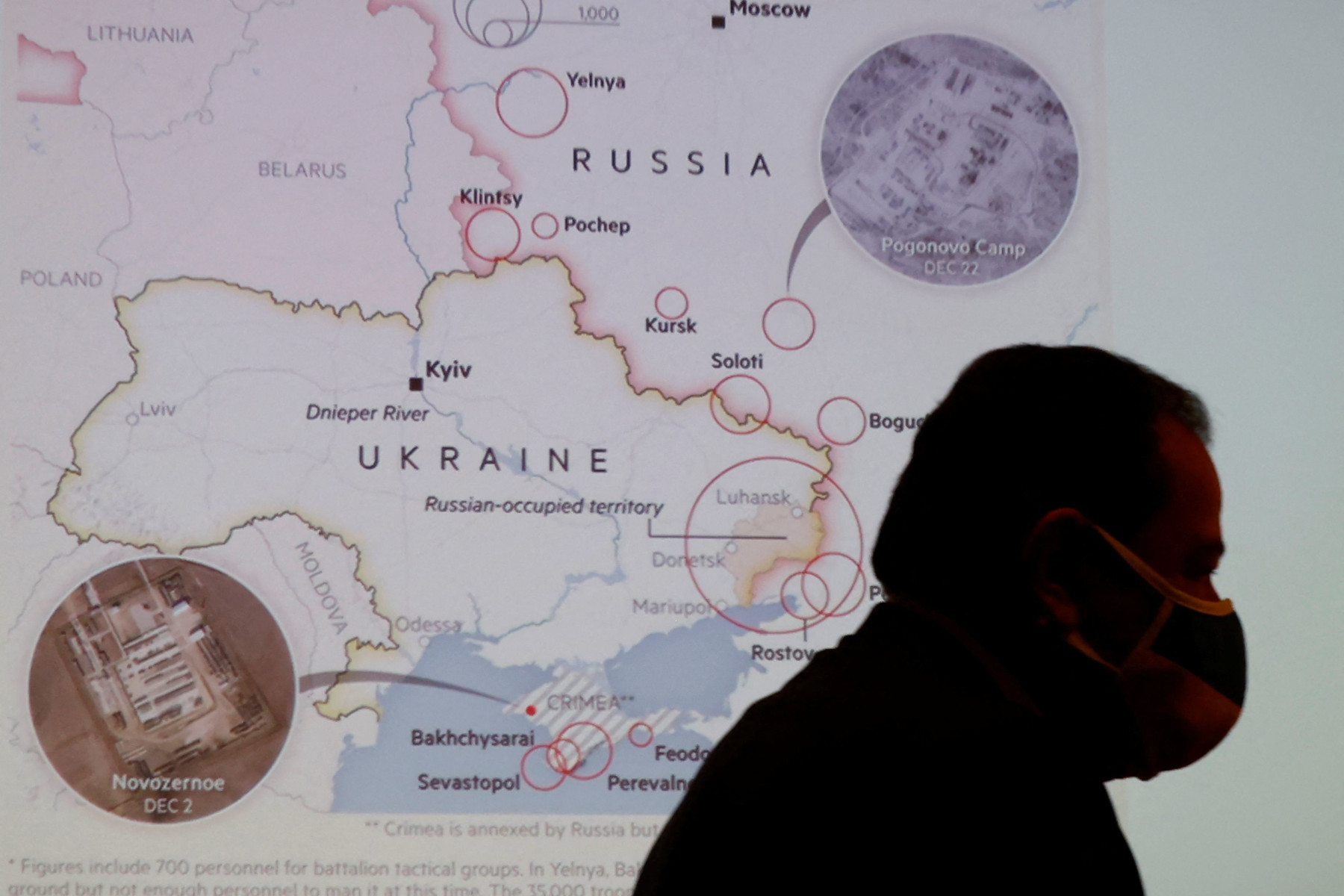Foreign affairs columnist Daniel DePetris offered a sober assessment of former President Donald Trump’s behind-the-scenes attempts to broker an end to the war in Ukraine, saying that while Trump’s intentions to “stop the killing” are sincere, the odds of a breakthrough appear to be dimming.
DePetris, a fellow at Defense Priorities and syndicated columnist for the Chicago Tribune, joined Dan Proft and John Kass to discuss a recent article he wrote for The American Conservative titled “Don’t Blame Trump If He Gives Up on Russia-Ukraine.” He argued that despite Trump’s campaign-trail bravado about ending the war in 24 hours, his goal of facilitating a negotiated peace has been earnest.
Trump and his team, according to DePetris, have spent the past three months quietly attempting to pressure both sides toward a ceasefire. Early on, Ukrainian President Volodymyr Zelensky was seen as a key obstacle to negotiations, having dismissed direct talks with Russian President Vladimir Putin as futile. But DePetris said Trump applied pressure on Zelensky during a meeting, making future U.S. military aid contingent on cooperation.
“That worked,” DePetris said, noting that Zelensky became more open to diplomatic discussions. “The problem now, of course, is Putin.”
Putin, he explained, is taking a hard-line stance, demanding terms that neither Ukraine nor the West are willing to accept. DePetris called it a “maximalist interpretation of what a deal should look like,” suggesting that the Russian president currently sees no incentive to compromise.
Complicating matters further is Europe’s continued dependence on Russian energy, particularly liquefied natural gas. While European leaders publicly support Ukraine, they continue to send billions into Kremlin coffers, undermining their own diplomatic leverage.
DePetris also acknowledged that Trump may soon walk away from the entire diplomatic effort, particularly if both parties remain intransigent. “Trump does not want to throw in the towel yet,” he said, “but I think in the next few weeks, there may come a time where he just gets impatient and says, ‘The hell with it, I’m walking away.’”
The conversation also touched on broader geopolitical strategy. While some, like Cliff May of the Foundation for the Defense of Democracies, advocate for increased U.S. military support to force Putin to the negotiating table, DePetris warned that this approach has already been tested — and failed. “When Putin is pushed up against a wall, he doesn’t back down. He doubles down,” he said.
As for economic leverage, DePetris noted the U.S. has limited tools, with Europe holding more sway due to its ongoing trade with Russia. Trump’s position, he added, has consistently been that the war is a European problem that needs a European solution.
If peace talks ultimately collapse, DePetris predicts that Trump would prefer to exit the process entirely rather than impose an unwanted deal on Ukraine — a stance he argues is both pragmatic and moral.
With hostilities showing no signs of abating and international diplomacy at an impasse, Trump’s peace ambitions may be fading. But as DePetris made clear, the failure won’t be for lack of trying.





